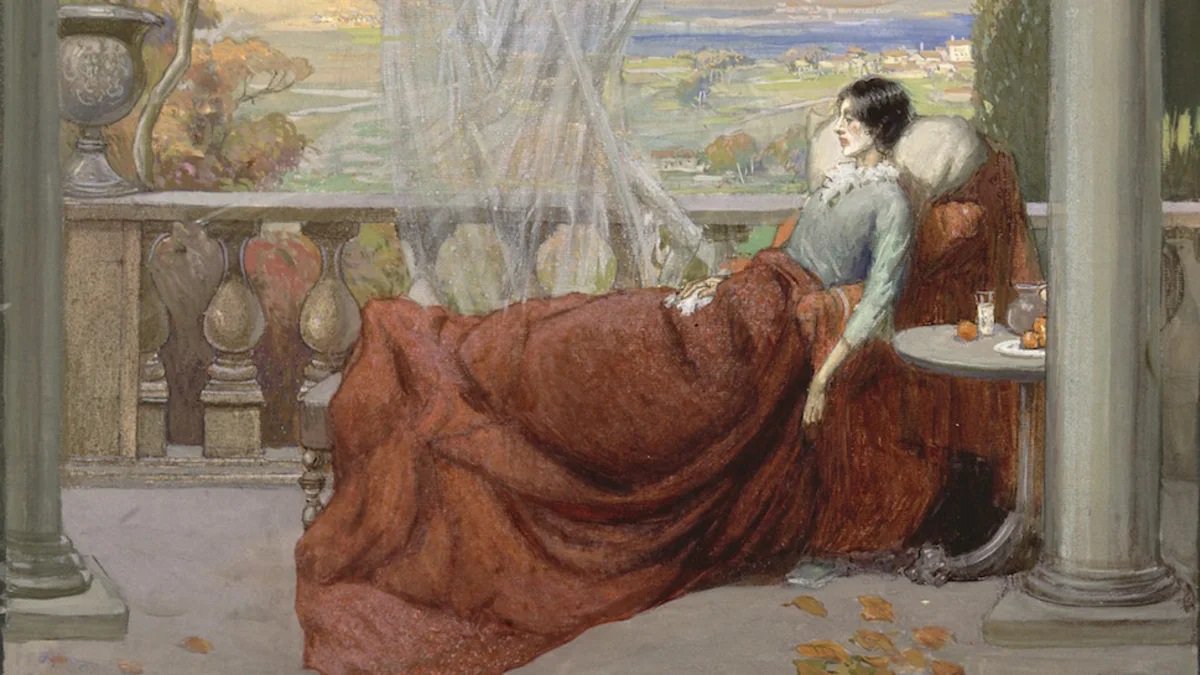Within a few months of its outbreak, coronavirus pandemic has brought the world to its knees. It’s possibly the biggest crisis of our lives, and is bound to change certain things forever.
That won’t be happening for the first time in human history, though. Our race has seen many pandemics which impacted the world and here are a few facts about some of them.
1. The ‘Spanish Flu’ didn’t originate in Spain.
The pandemic that killed around 50 million people and infected one-third of the world population, is called ‘Spanish Flu’ only because Spain was the country where it received the maximum media coverage.
Due to World War 1, there were heavy restrictions on media at the time but Spain, a neutral country, could publish whatever it liked. This included details of the flu. Which is the reason the pandemic started being associated with the country.
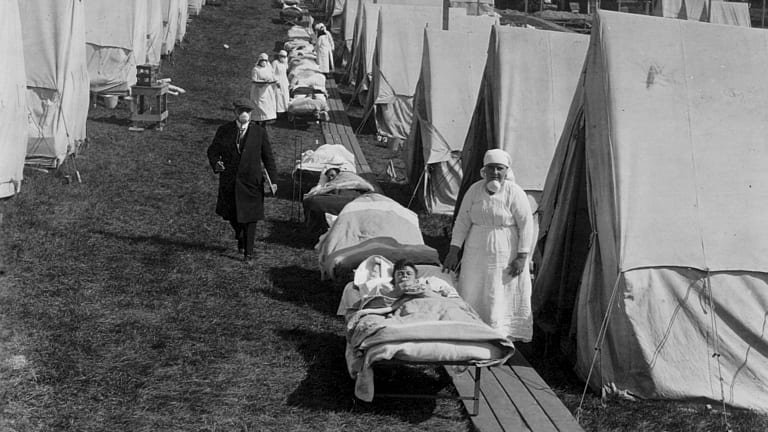
2. Around 5000 years ago, a pandemic cleared an entire village in China, and the dead bodies were stuffed in a house and burnt.
The place is now an archaeological site called Hamin Mangha, with one particular house having remains of 97 humans, most of whom are said to be 19-35 years old at the time of their death.

3. A pandemic ended the golden era in Rome’s history, killing 5 million people in the empire between AD 165-180.
It is said that the Roman soldiers, after their war against Parthia, brought a certain virus that led to the demise of around 5 million people. This single-handedly ended Pax Romana, AKA the Roman Peace, the time period when Rome was the most powerful.
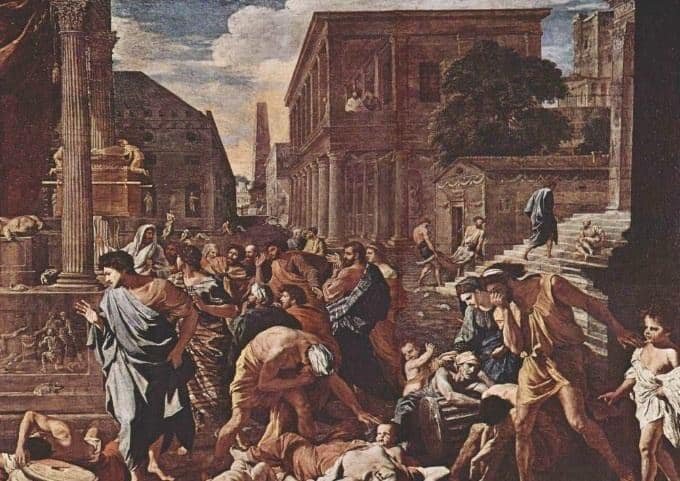
4. Another pandemic in Rome between AD 250-271 made people think the world was ending.
With around 5000 people dying every day, it must have felt like the world was going to end. It is not known what was the agent of the pandemic, but the possibilities include small pox, influenza and even Ebola.
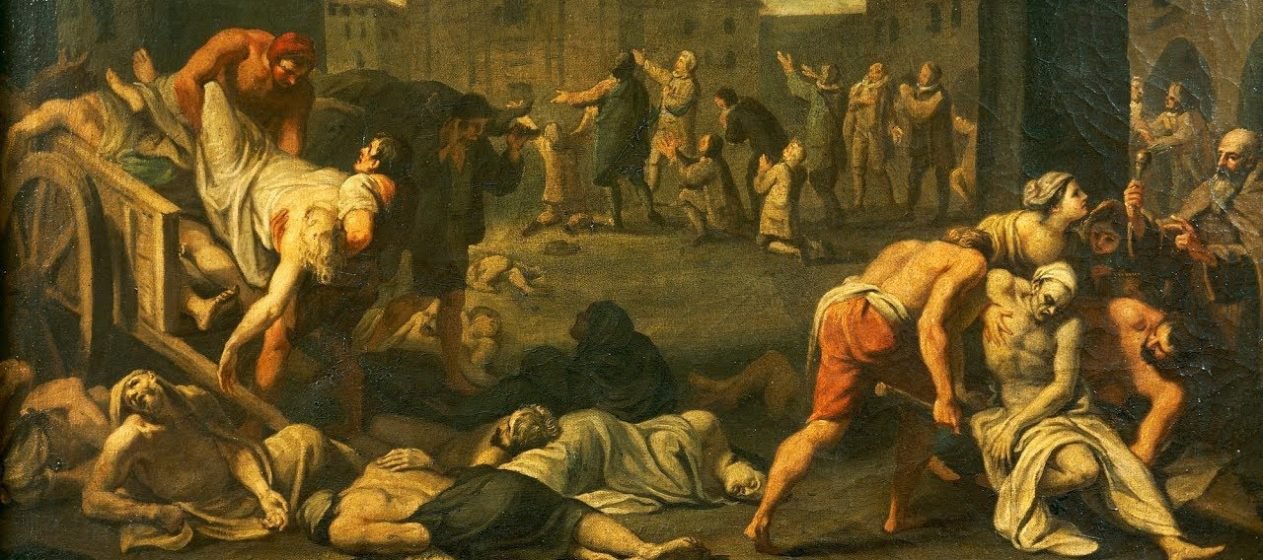
5. Pandemic ‘Black Death’ which ravaged populations between 1346-1353, changed the course of Europe’s socio-economic history.
The simple reason being, mass deaths. With so many people passing away due to the pandemic, finding labour became difficult and hence more expensive. The salaries of the working class increased and the system of serfdom (serfs being the lowest class in a feudal society), ended.
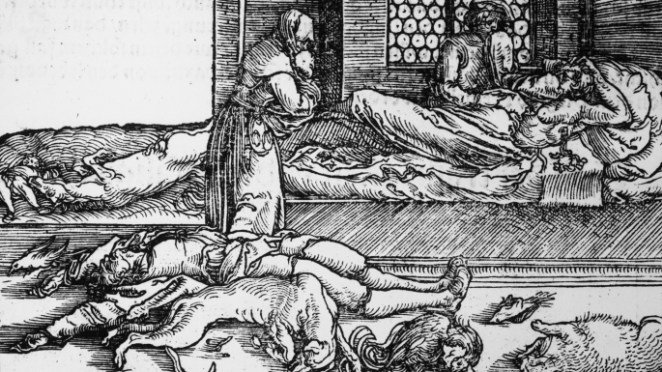
6. The last bout of the ‘Black Death’ wiped out 15% of London’s population , which saw a 4-day-long fire clearing a bringing down a big part of the city, right after the end of the pandemic.
1665-1666 was one of the most devastating periods in the history of London. The city saw around 100,000 deaths due to the plague, which was followed by a fire that took days to be extinguished.
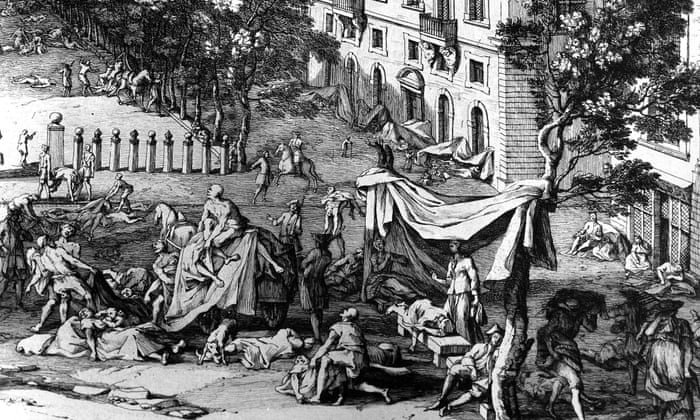
7. The third wave of cholera between 1852–1860 led to the discovery that the disease spread through contaminated water. It is interesting that the person who found that out was British physician ‘John Snow’.
The year he made this ground-breaking discovery, was the pandemic’s worst year with 23,000 deaths in Great Britain alone.
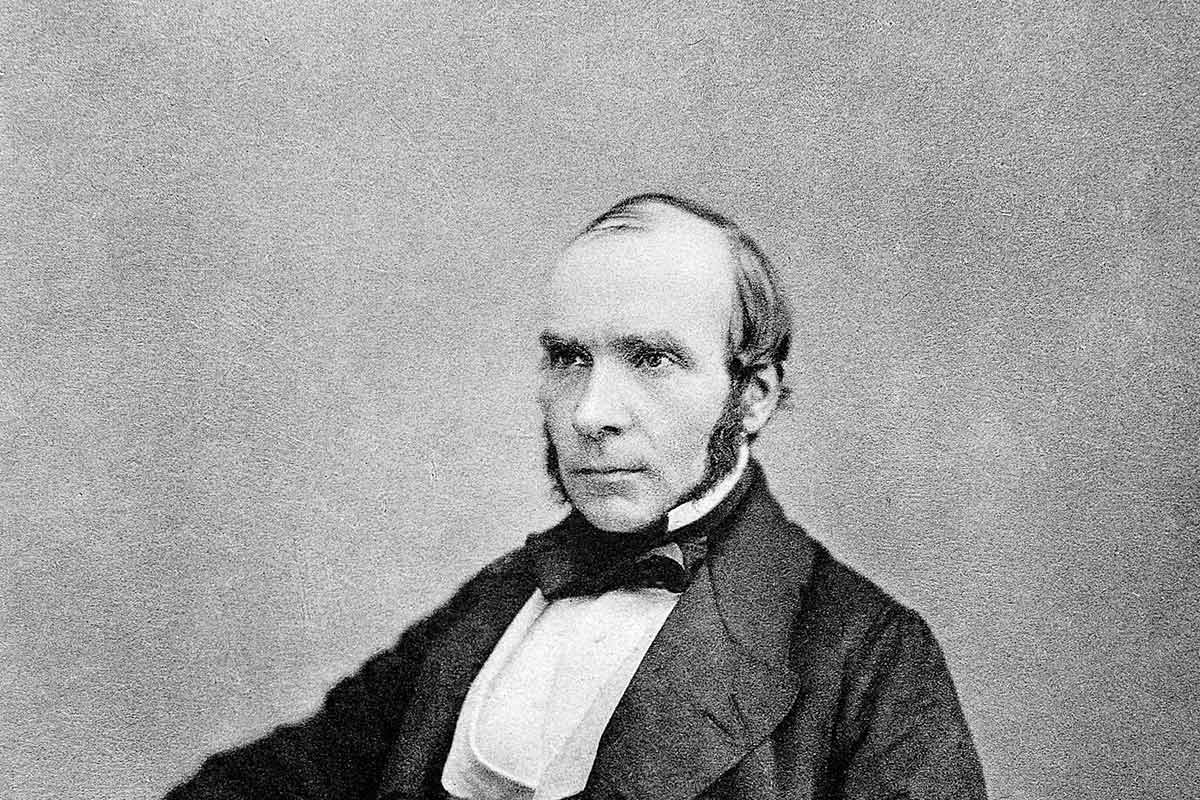
8. Smallpox helped Europeans colonise the continents of the Americas in the late 1400s, with around 90% of the continents’ population succumbing to the pandemic.
They exploited a great deal of minerals from Latin America, eventually contributing to the phenomena that was ‘capitalism’.
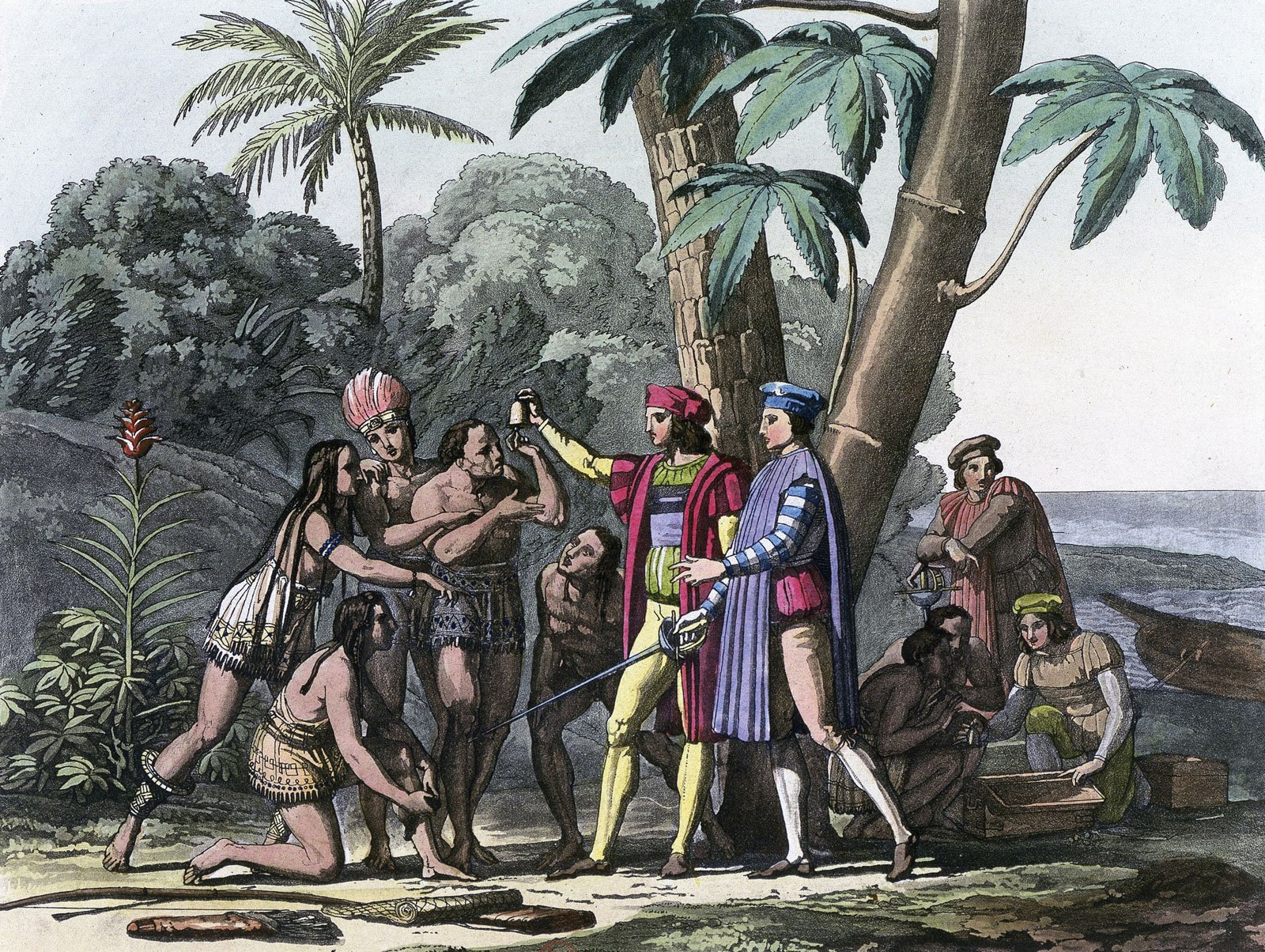
9. Crimson Contagion simulation, 2019, predicted a ‘novel influenza’ will be originating from China.
Predicted might be an exaggeration but there was a mock drill conducted to see how the US would deal with a ‘novel influenza’ that spread through ‘human-to-human contact’, had ‘no cure’ and ‘originated in China’. Wild, right?

10. Tuberculosis, once responsible for 25% deaths in Europe, was considered to be a symbol of ‘beauty’ at a time.
This one’s a bit fucked up. So, in the Victorian ages, frail physique, flushed cheeks, pale complexion – were all associated with ‘beauty’. Coincidentally, this is how TB made people look. In no time, it became a status symbol, which is just crazy to think about.
